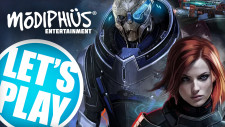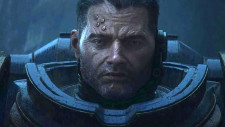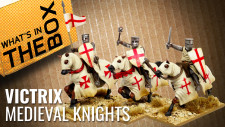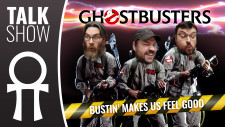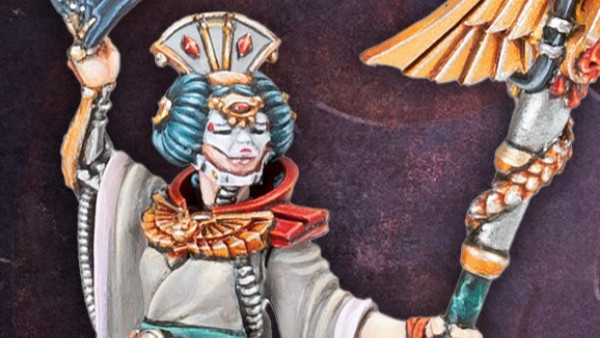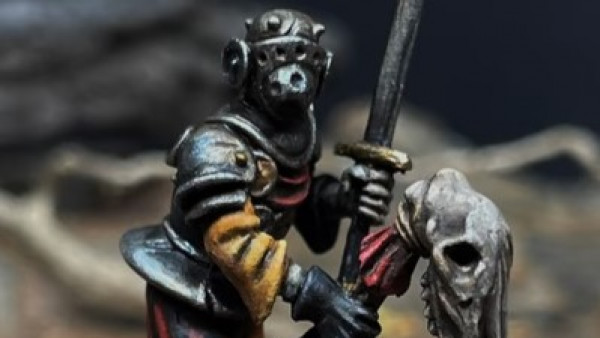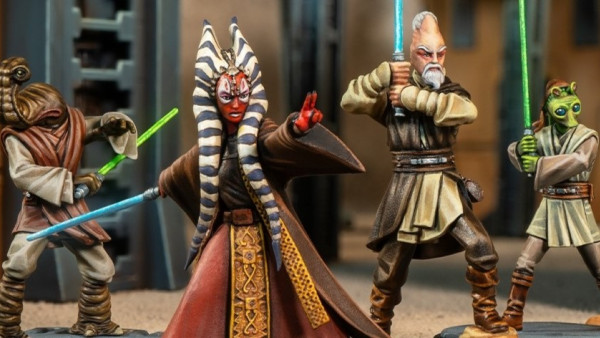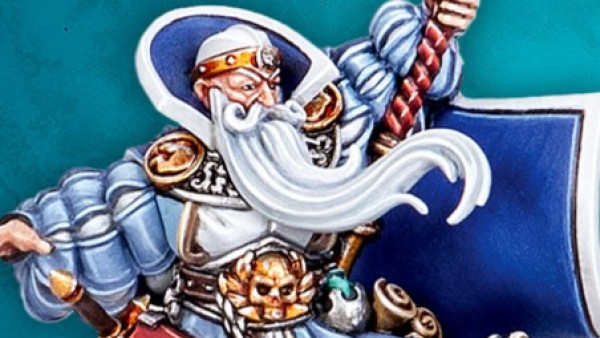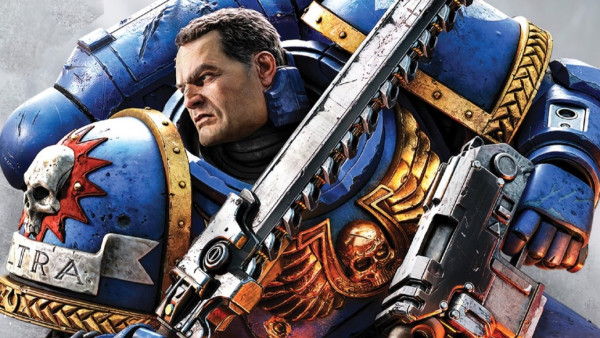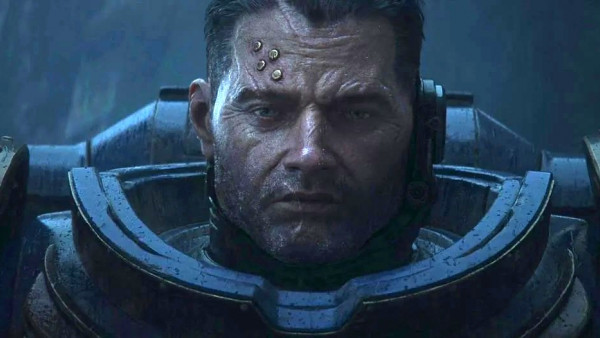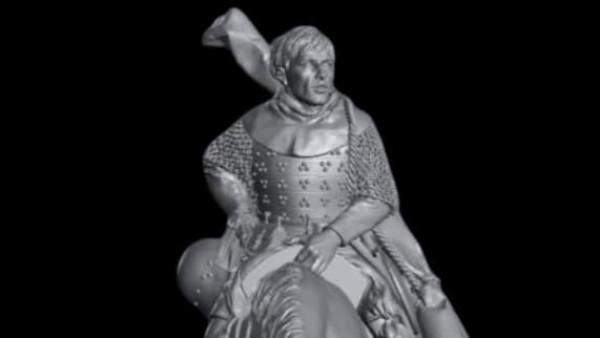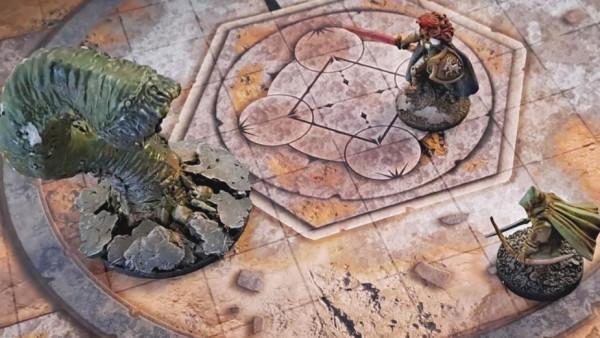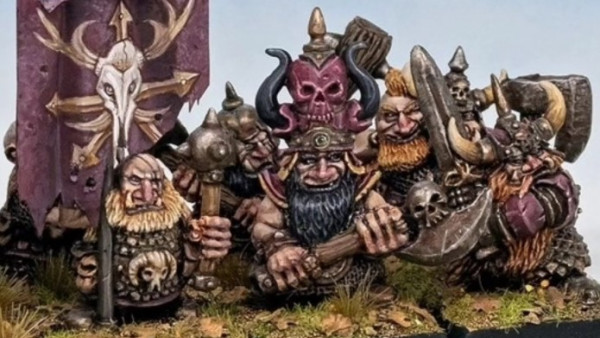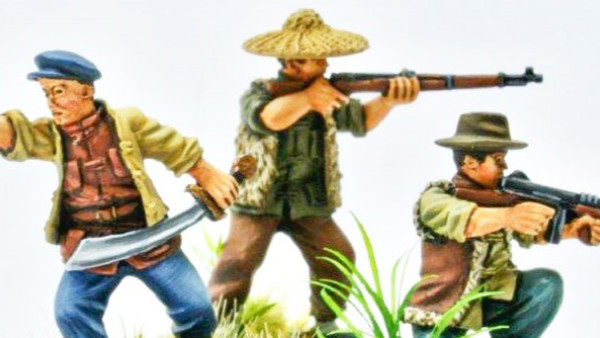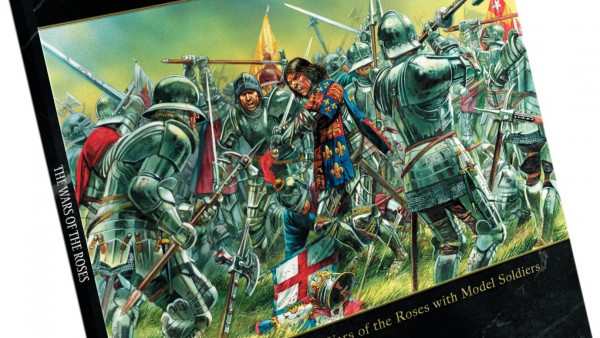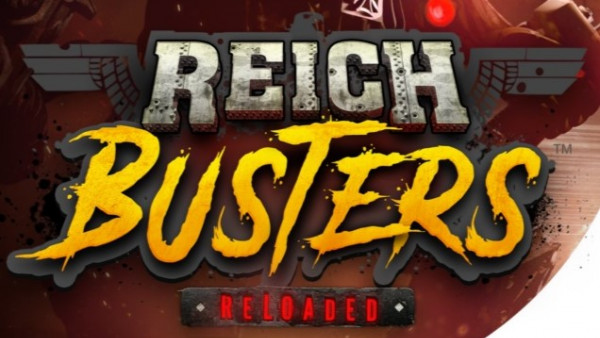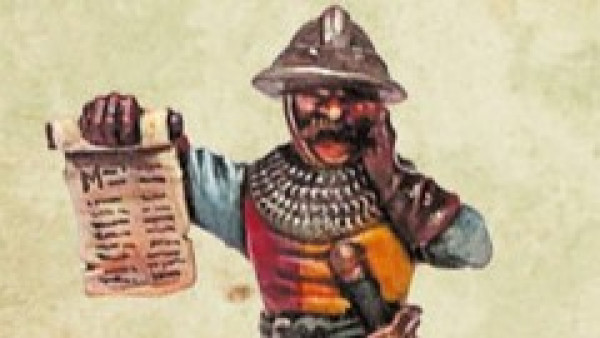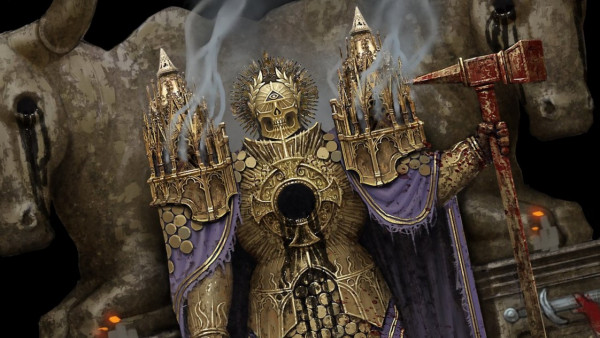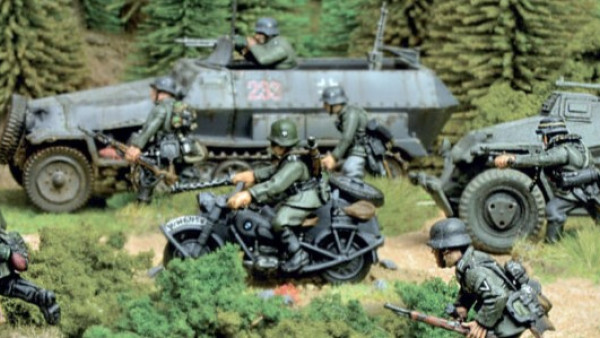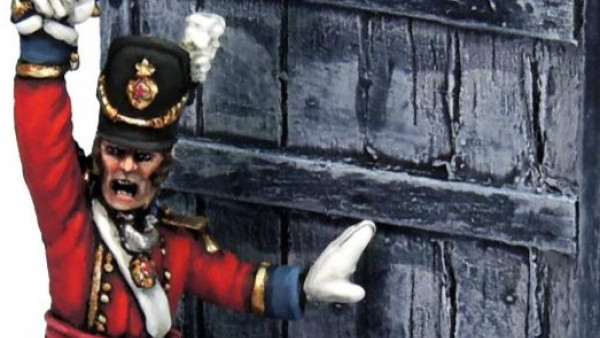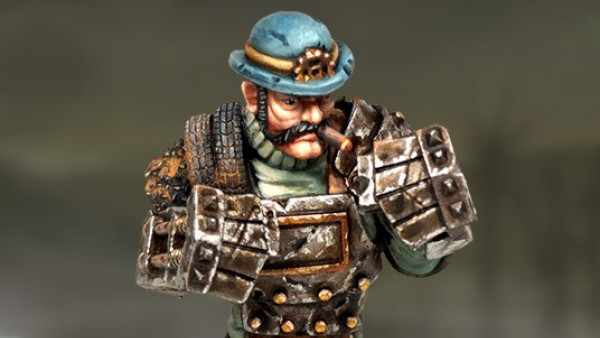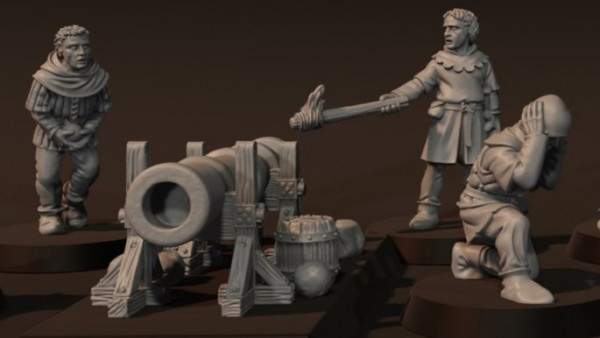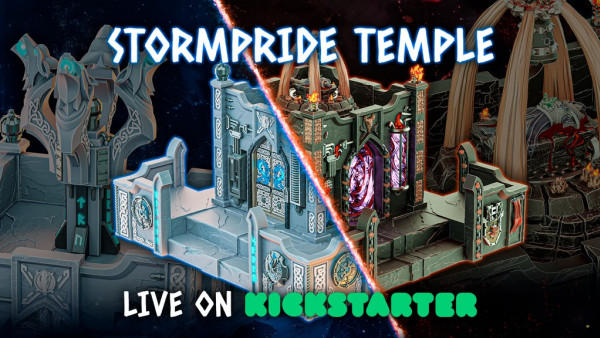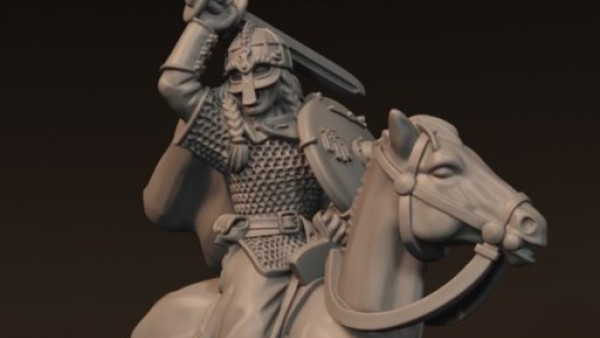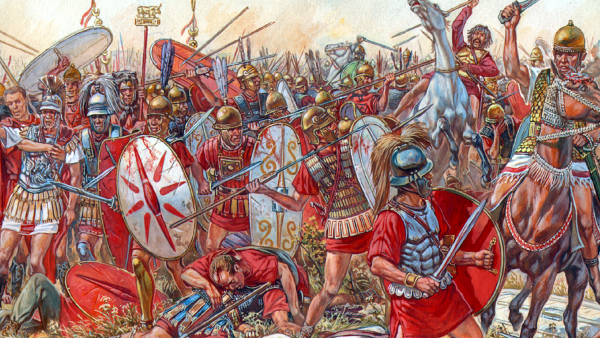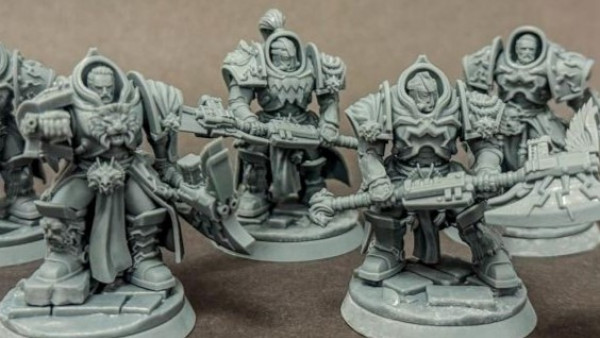Home › Forums › Game Developers Discussions › Magic and Tech: Initial Development › Reply To: Magic and Tech: Initial Development
@royalpain621 quick review of your beta rules … lots of text ahead.
I thought typewriters had been banished 😉
I’d suggest looking at how game manuals tend to use font types. Fixed fonts like the one in your beta 0.02 versions are horrible for anything that people need to read. Using such a font to denote game-specific features or statistics would be ok.
// 0 story / history
The story is oddly specific and precise. Why mention uranium at all ?
Page 10 reads a bit like you’re trying to say the same thing twice.
Be careful with round numbers … if something happened exactly 25 years ago it suggests it is going to be relevant to the new story.
Why does it matter that destroying the portals took exactly 3 months (each?) ?
History is rarely an exact science.
Maps are useful … especially when describing the world and the place of the two leading nations.
Need not be detailed, but a simple sketch will do.
Maybe a short summary of key events ?
Lots of background info for stuff that doesn’t appear to be a feature in the game.
The use of orcs, elves, etc. suggests traditional fantasy, but the setting speaks of an immortal and demons.
Telling us that science has replaced magic doesn’t explain why magic still is used (the game is ‘magic+tech’)
// 1
You’re never going to be using helicopters in a 28mm scale game … (unless you’re GW and want to sell oversized vehicles ;-))
This is a platoon level game :
https://boardgamegeek.com/image/315660/eastern-front-panzer-grenadier-game
You’re not going to do that in 28 mm … 😉
Your initiative system is not *that* unique, so don’t emphasize it. Unless you’ve played games before you’re going to be confused as to why it is so ‘special’. Maybe focus on telling people that “it’s always your turn”(tm).
4 camps ?
And yet the demons have 3 variants ?
Where did this Mekale nation come from ?
// 3 setup
You’re already talking about points before the first rules are mentioned.
Most systems tend to introduce scenarios and maps after the basic rules have been explained and players are able to fight a simple battle that ends with one side left standing.
// 4 initiative & activation
If each squad rolling a dice ?
That is going to get cumbersome real fast and might not scale to large engagements.
How big is the average army in a game anyway ? 10 or 30 or 100 soldiers ? 5 squads ?
// 5 unit cards
IF this is what an average unit looks like then you’ve got very little room for introducing alternate squads as this appears to cover every possible variant already.
Close combat ? use Orks
Shooty ? use elves
Why are anthro / human hybrids mentioned ?
What are Felani and Dogma and why didn’t the story mention anything ?
The only hint this is setting has ‘magic’ are the names of some races and the mention of ‘combat witch’.
Layout definitely needs improvement.
Section (E) is likely your standard reference when doing anything in the game.
The entire card relies on knowing the mechanics of the game to use it, which makes it tricky to evaluate at this time.
Do all weapons fire ?
Are these per character in the unit ?
Can I mix races ? The Orcs feature suggets all of then need to be Ork. The Elves suggest I can have a maximum of 4 elves.
Why ? Where is the logic in that ?
Is there a narrative reason for not having an Elf-only squad ?
The use of bubbles to denote wounds is interesting, but I think it is making things too complicated.
What are fireteams in this context ? And what part of the unit belongs to which fireteam ?
oh … and it now mentions that distances are not metric ?
Such things need to be mentioned the moment you start explaining core mechanics.
// Final thoughts
Forget the elves and orcs. Refocus on Felani and Dogma. They might your Elf and Ork equivalents, but it would make your world a bit more unique. Maybe all non-human species are a bipedal beasts of some description ?
What are demons like ?
Remember that a lot of history is myth … so be vague until you’re ready to develop it into something that exists in ‘modern day’ Certau.





























![How To Paint Moonstone’s Nanny | Goblin King Games [7 Days Early Access]](https://images.beastsofwar.com/2024/12/3CU-Gobin-King-Games-Moonstone-Shades-Nanny-coverimage-225-127.jpg)

